PTSD and Nursing Moms
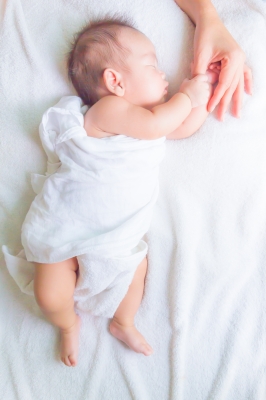
Photo Credit: tungphoto at www.freedigitalphotos.net
Hello, Different Dream readers! Welcome to a guest post from my good friends and fellow PTSD advocates, Shelly Beach and Wanda Sanchez. This post about PTSD and nursing mothers first appeared at their blog, PTSD Perspectives. It addresses many issues of importance to the special needs community, so I was delighted when Beach and Sanchez gave permission to repost it here.
PTSD and Nursing Moms
Most expectant and new mothers envision nursing to be the ultimate bonding experience with their child. Unfortunately, this isn’t always the case. Sadly, post-traumatic stress disorder can be a contributing factor, and women may not be aware of the cause-and-effect relationship in order to be able to best address their frustrations. I recently spoke to several young mothers who talked candidly about how trauma influenced their ability to bond with their newborn babies. None of these women were prepared for the challenges they faced, and they basically had to figure out on their own that their post-traumatic stress had contributed to their struggles.
PTSD and Nursing Moms: NICU Trauma
One of the mothers I spoke to gave birth vaginally, and her newborn girl experienced medical complications that placed her in the neonatal intensive care unit for nearly two weeks. During this time, both Mom and baby experienced high levels of stress and anxiety, due to the separation, limited bonding time, and painful medical procedures. Because of the anxiety and separation, Mom’s lactation diminished, and her attempts to maintain her milk supply were frustrating. After taking her little girl home from the hospital after a highly stressful two-week stay, Mom attempted nursing for two more weeks, but her child struggled to latch and preferred a bottle. At four weeks, Mom gave up and was overwhelmed with guilt at her “failure.” Two years later, Baby #2 came along, and Mom struggled with anxiety at the thought of nursing. Her stress made it difficult for her to relax enough for her milk to let down when she attempted to nurse, and after a week, she decided that bottle feeding would be the best choice for Baby.
PTSD and Nursing Moms : Previous Trauma
A second mother I spoke two had experienced multiple sexual assaults as a teenager. In her mid-twenties she married a supportive, loving husband, and several years later she gave birth to their first child. However, “Sue” was guilt-ridden and heartbroken to discover that nursing her child was a trauma trigger. For weeks she struggled to be a “good” mom and breast-feed her child but found that the only way she could successfully nurse her child was to dissociate. A desire to be a “good” mom like other moms drove her to continue nursing for months, even though she felt it was affecting her ability to bond with her baby. When “Sue’s” second child was born, she made the decision to bottle feed. She told me that she has never regretted that choice and wished she ‘d had a better understanding of how PTSD could influence a woman’s nursing experience before she’d given birth to her first child.
PTSD and Nursing Moms: How to Find Help
Twenty-five percent of women experience sexual abuse in their lifetime–many before the birth of their first child. It’s important for women to know how their trauma experiences may influence aspects of their lives so they can make the best choices for their circumstances. If you or someone you know can relate to the challenges of nursing your child because of a prior trauma experience:
- Talk to a trauma specialists who can offer you suggestions about how to process your experience.
- Accept the simple truth that breast feeding does not define good mothering.
- Find other mothers who bottle fed their kids to lean on for support.
- Release the false guilt.
- Talk about your situation with someone who will understand and support you.
- Seek out treatment or support if you’re experiencing depression.
More PTSD Perspectives
Did PTSD impact your ability to nurse your babies? How did you deal with the situation? Leave a comment, if you like, in the box below. To learn more about the work Shelly and Wanda do, visit their website, PTSD Perspectives.
Do you like what you see at DifferentDream.com? You can receive more great content by subscribing to the quarterly Different Dream newsletter and signing up for the daily RSS feed delivered to your email inbox. You can sign up for the first in the pop up box and the second at the bottom of this page.
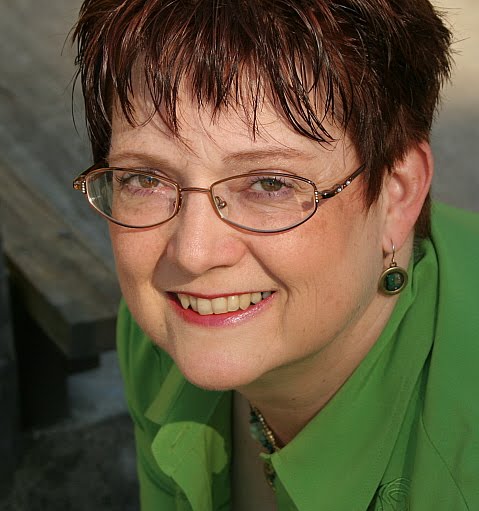
By Shelly Beach
Shelly Beach is an award-winning author of eight books, including The Silent Seduction of Self Talk. She has written with a Pulitzer Prize Finalist and New York Times best-selling authors, as well as providing writing and consulting services for a producer of a recently-launched Lifetime television reality series. Shelly is the co-founder of two writers’ conferences and an adjunct professor at Cornerstone University. She is also a sexual abuse survivor who speaks to medical and mental health professionals at conferences, seminars, and in the nation’s prisons. Shelly is also an “expert” consultant for Caring.com, the Internet’s most frequently consulted site on caregiving issues. Shelly can be reached at Shelly@PTSDPerspectives.org or www.ShellyBeachOnline.com.
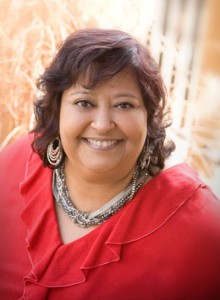
By Wanda Sanchez
Wanda Sanchez is the executive producer of one of the nation’s top talk shows in a highly-ranked California market. She has worked with the world’s top political leaders, as well as Hollywood personalities, New York Times best-selling authors, and top-ranked cultural analysts. She has also worked as a television producer and is the founder and president of her own publicity firm, representing authors and speakers. A sexual abuse survivor who has experienced a journey of dramatic healing from post-traumatic stress disorder, Wanda speaks to medical and mental health professionals in conferences, seminars, as well as to women in the nation’s prisons. She can be reached at Wanda@PTSDPerspectives.org.
2 Comments
Submit a Comment
Subscribe for Updates from Jolene
Related Posts
The ACEs and Toxic Stress: Implications for Children with Special Needs?
This infographic shows the relationship between ACEs and toxic stress. This relationship has implications for our children with special needs.
Preventing PTSD: 11 Things To Do If Your Child Has Been Through Trauma
Preventing PTSD in children who have experienced trauma is possible. Lydia Jenkins, D.O. Pediatrics offers 11 strategies for parents to use.
More Than Words: The Freedom to Thrive After Trauma
The author of More Than Words: The Freedom to Thrive After Trauma explains why she wrote the book and how she made a heavy topic easy for readers to digest.



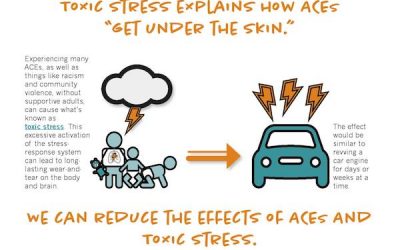
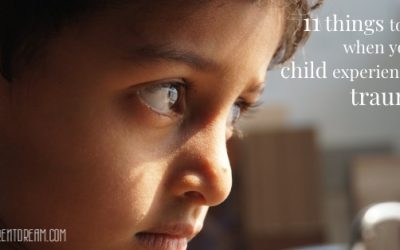

Wow, Sylvia, you really had a tough start. But good for you for persevering. It makes such a difference for our kids.
Jolene
I was 17 with no support system when I gave birth to my first son prematurely. He was in NICU for two weeks. I was devastated thinking that I wouldn’t be able to breastfeed him. Thankfully a nurse told me that if I kept my milk supply up by expressing it, I’d be able to when he came home. I hand expressed milk for two weeks. I didn’t know that mechanical ones or even that La Leche League existed. It was not easy, but after a few weeks I was breastfeeding my son with no supplements. When my second son was born with meningitis I knew just what to do! Thankfully all my other children were born healthy and nursed just fine!
I wanted to thank you Jolene, for placing my button on your side bar. I appreciate your support. Your button is on my Link Share page.